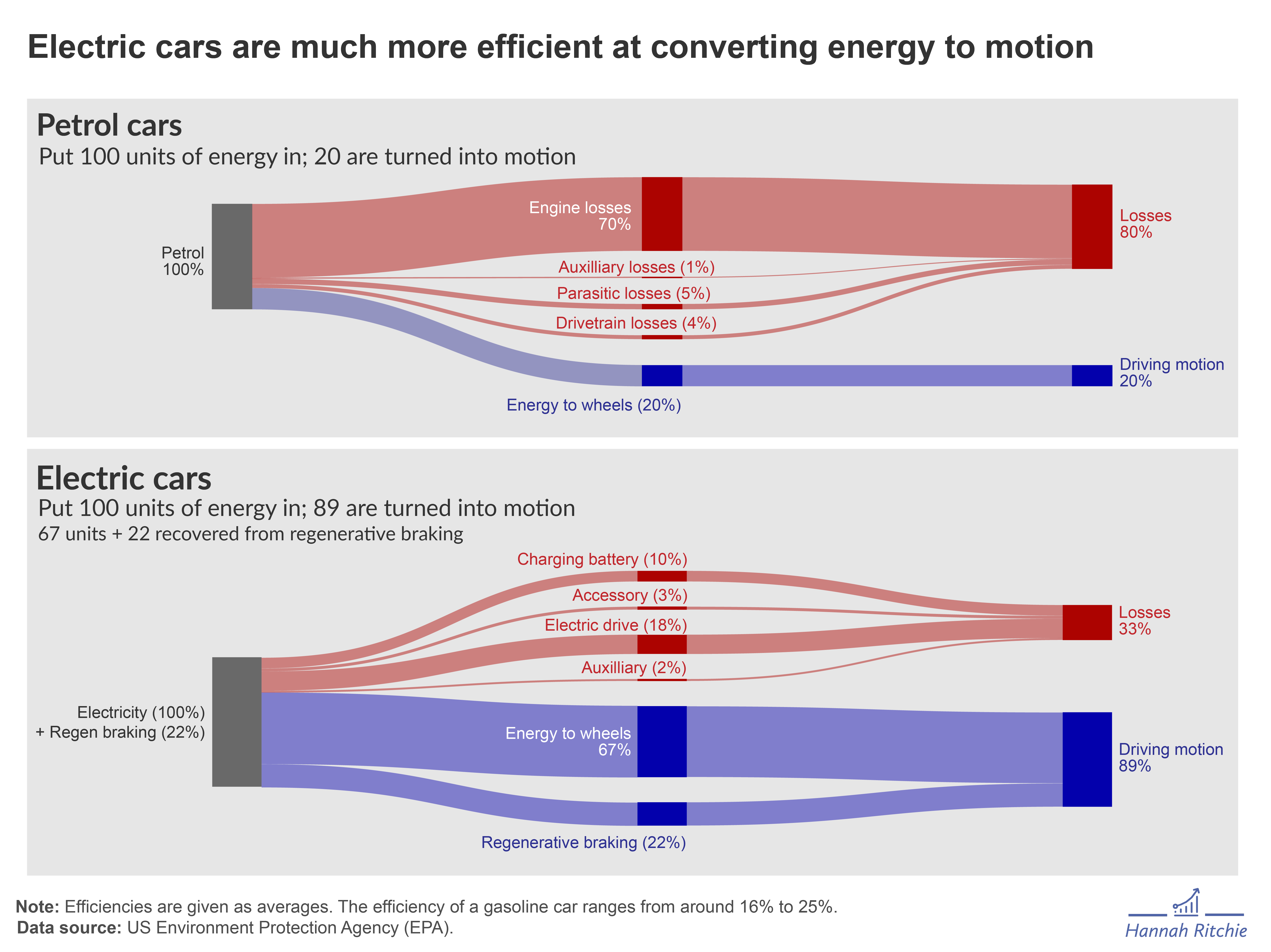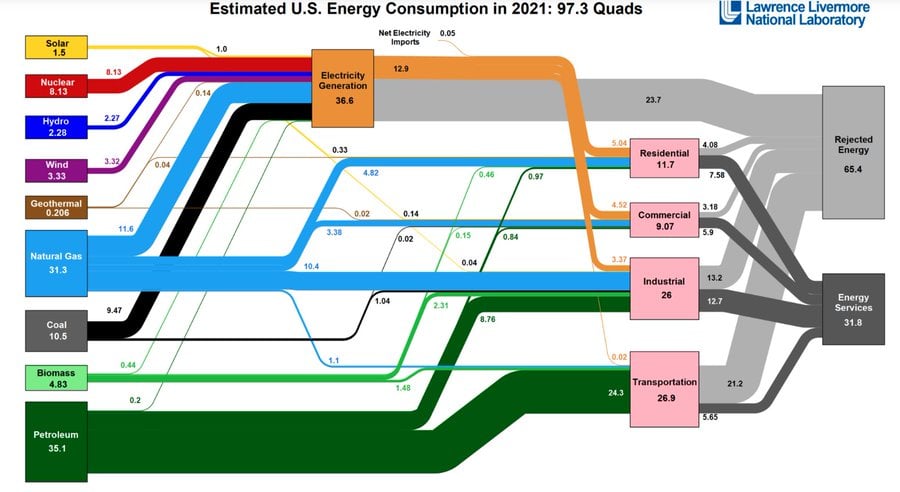Morning Blast: Wasting Energy

U.K. oil supermajor BP reported Tuesday morning that its net income (the company calls this underlying replacement cost profit) plummeted by 70% year over year in the second quarter. The company plans to raise its dividend and increase its share buybacks to keep investors on board. (These nine crises now threaten the global economy.)
BP and virtually every other oil producer are due to get some help from the Saudis. Saudi Aramco is about to set its September contract pricing for customers. The production cuts that OPEC+ has already agreed to now get a price tag as supply will fall and demand will not.
Saudi Arabia’s Asian buyers should see Arab Light (roughly equivalent to WTI and Brent) prices rise by $0.45 a barrel. According to OilPrice.com, Arab Light was trading at around $88.25 a barrel Tuesday morning. Brent trades at around $85.25 and WTI at $81.50.
WTI, the U.S. benchmark, is near its year-to-date high of around $83.50, still well below the 52-week high of $97.66 a barrel, set in late August of last year. WTI is trading at just over double its price in August 2020.
If anyone asks why Joe Biden’s popularity polls are tanking, just recite those numbers. The otherwise good news on the economy does not resonate with Americans in the same way as gasoline pump prices. To paraphrase James Carville, “It’s the price of gasoline, stupid.”
If people knew that they were throwing away about two-thirds of the money they spend on gasoline, would it make a difference in the adoption rate of EVs? Probably not, but the numbers are pretty stunning.
ALSO READ: The 12 Cars That Pollute The Most
Hannah Ritchie, deputy editor and lead researcher at Our World in Data and a researcher at Oxford, puts the story in perspective:
For every dollar of petrol you put, you get just 20 cents worth of driving motion. The other 80 cents is wasted along the way – most of it as heat from the engine.
Get Our Free Investment Newsletter
Here are two charts she refers to, the first from the U.S. Environmental Protection Agency, showing the inefficiency of internal combustion engines compared to EVs. The second chart, from Lawrence Livermore National Labs, indicates that less than a third of all U.S. energy consumption in 2021 did useful work. The rest was wasted.

Sponsored: Find a Qualified Financial Advisor
Finding a qualified financial advisor doesn’t have to be hard. SmartAsset’s free tool matches you with up to 3 fiduciary financial advisors in your area in 5 minutes. Each advisor has been vetted by SmartAsset and is held to a fiduciary standard to act in your best interests. If you’re ready to be matched with local advisors that can help you achieve your financial goals, get started now.
Source: Read Full Article

